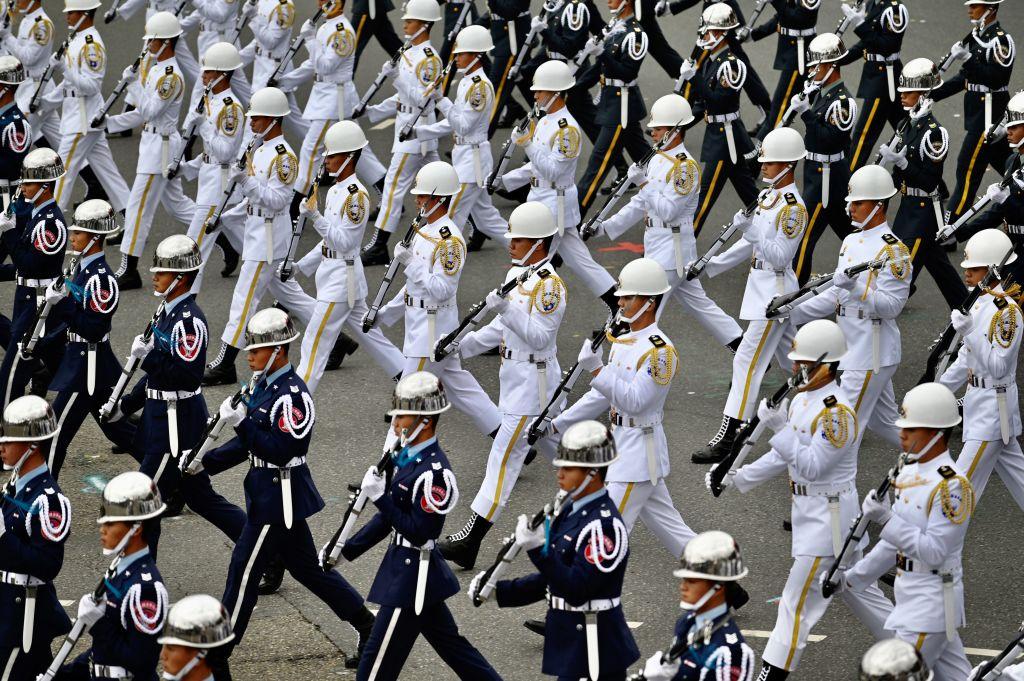TAIPEI, Taiwan—The Trump administration has approved the potential sale of four advanced drones and related equipment to Taiwan that is estimated to be worth about $600 million, the State Department announced on Nov. 3.
The Defense Security Cooperation Agency (DSCA) under the State Department has sent a formal notification to Congress of the possible sale, which included four weapons-ready MQ-9B remotely pilot aircraft, two fixed ground control stations, two mobile ground control stations, personnel training, and technical and logistics support services.





